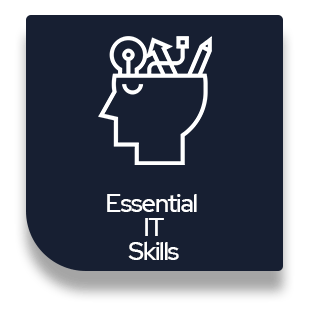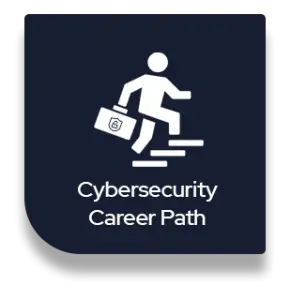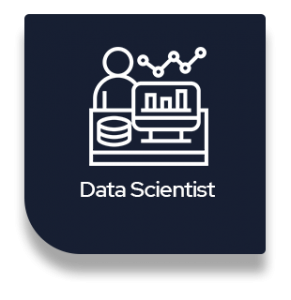Essential IT skills
When looking for a job or trying to advance in your career, you can develop new skills that are especially impressive to employers. In this article, we’ll review essential skills to learn and how you can improve upon them.
-
Security
Security should be foundational to any IT team. Starting out in a help desk, networking, or system administrator role can introduce you to concepts that are helpful to know for security purposes. The following skills can help you qualify for IT security positions—like information security analyst—at the entry-level and beyond.
- Familiarity with physical, network, and software security
- Installing firewalls and routers
- Data encryption
- Risk mitigation strategy and threat analysis
- Knowledge of compliance regulations and standards like PCI-DSS, HIPAA, and CCPA
- Ethical hacking and penetration testing
-
Programming
Being able to program will be a must for those who want to develop software, web applications, and websites. It’ll also be helpful for IT workers who want to automate tasks. The languages below are commonly requested of programmers and can be asked of IT professionals as well. You can get started by browsing programming language courses.
- Python
- C++
- JavaScript
- Ruby
- PowerShell
-
Systems and networks
Making sure computer systems and networks are operating smoothly is central to the work of an IT team. Typical roles specializing in this skill set include system administrators and network administrators. System and network skills can also be helpful for working in cloud administration or security as well. On a basic level, these skills include:
- Administering diverse operating systems like Windows, Linux, or Mac
- Installing and configuring computer hardware and software
- Cloud administration and applications
- Maintaining local area networks (LAN), wide area networks (WAN), storage area networks (SAN), and virtual private networks (VPNs)
- Troubleshooting
- Helping employees with technical issues
-
Data analysis
Being able to analyze data will be useful for various IT tasks. For example, monitoring performance data can help teams find security threats or see where inefficiencies exist in their operations. Jobs that work with data in the IT realm include database administrators and data engineers.
- SQL
- Statistics
- Python
-
DevOps
DevOps—a combination of “development” and “operations”—acts as a bridge between the software development and IT teams. Though a field unto itself, DevOps skills can help in both the IT and development aspects of running an organization. Working in DevOps can mean becoming a DevOps engineer. You might need the following skills:
- Understanding of continuous delivery theory
- Container technologies like Docker or Kubernetes
- Scripting languages like Python, Ruby, and C
- Familiarity with cloud operations
-
Cloud computing
Listed as one of the most in-demand skills of 2021 by Global Knowledge, cloud computing skills include anything from building cloud infrastructure to maintaining them [1]. Working with cloud technology can open doors to positions like cloud developer, cloud administrator, and cloud architect. Knowledge of the following cloud platforms can be useful:
- AWS
- Google Cloud
- Microsoft Azure
- Oracle
-
Machine learning
A skill useful for programmers and data professionals, machine learning, a subset of artificial intelligence, has become one of the most prominent skills to learn in the technology sphere. You can start learning basic skills through online machine learning coursework. Specific skills associated with machine learning can include:
- Parametric and nonparametric algorithms
- Kernels
- Clustering
- Deep learning techniques



